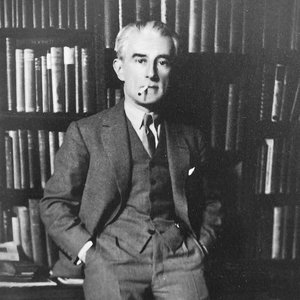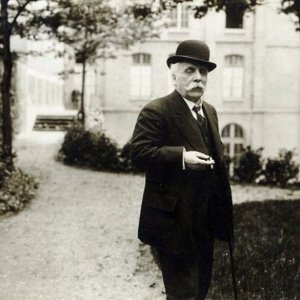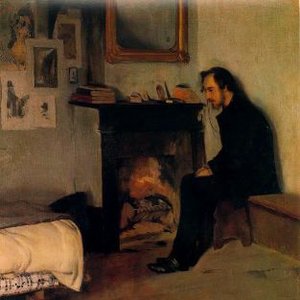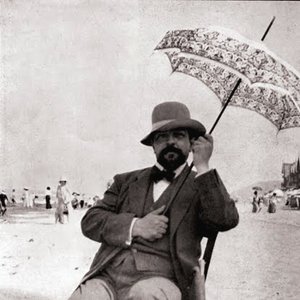Biography
-
Born
7 January 1899
-
Born In
Paris, Île-de-France, France
-
Died
30 January 1963 (aged 64)
Francis Jean Marcel Poulenc (January 7, 1899 - January 30, 1963) was a French composer and a member of the French Group Les Six.
He was a Parisian by birth and death, and always preferred the city to the country. His mother, an amateur pianist, taught him to play, and music formed a part of family life.
Poulenc was a member of Les Six, a group of young French composers, Darius Milhaud, Georges Auric, Louis Durey, Arthur Honegger and Germaine Tailleferre, who also had links with Erik Satie and Jean Cocteau. He embraced the Dada movement's techniques, creating melodies that would have been appropriate for Parisian music halls. An outstanding pianist, Poulenc featured the keyboard in many of his early compositions. He also, throughout his career, borrowed from his own compositions as well as those of Mozart and Camille Saint-Saëns.
He composed music in all major genres, including art song, chamber music, oratorio, opera, ballet music and orchestral music. Among Poulenc's last series of major works is a series of works for Winds and Piano. He was particularly fond of the woodwind instruments, and planned a set of sonatas for all of them, yet only lived to complete four: the Flute Sonata (1956), and sonatas for oboe, clarinet and horn.
Poulenc's Rapsodie nègre (1917), written for baritone, piano, string quartet, flute, and clarinet, sets nonsense syllables purportedly by a black Liberian poet. The piece, dedicated to Erik Satie, kept him out of the Paris Conservatoire, composition teacher Paul Vidal saying, according to Poulenc, "Your work stinks, it's inept, infamous balls… Ah! I see you're a follower of the Igor Stravinsky and Erik Satie gang. Well, goodbye!" Stravinsky, hearing of this story, arranged to have the piece printed.
Later in his life, the loss of some close friends, coupled with a pilgrimage to the Black Madonna of Rocamadour, led him to rediscovery of his faith and resulted in compositions of a more sombre, austere tone. His opera, Les Dialogues des Carmelites was written at this time.
France
Artist descriptions on Last.fm are editable by everyone. Feel free to contribute!
All user-contributed text on this page is available under the Creative Commons Attribution-ShareAlike License; additional terms may apply.












